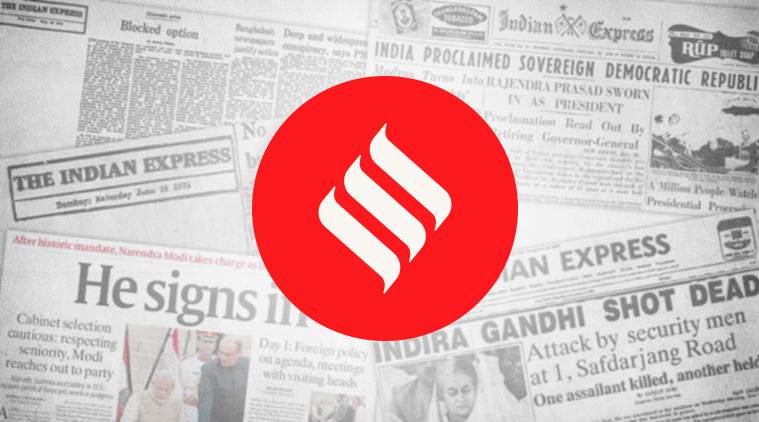By Editorial |Updated: December 26, 2018 12:53:08 am
Bonsai democracy
Nawaz Sharif’s travails mirror the journey of a nation which is still struggling to grow in the shadow of the army.

The conviction of Nawaz Sharif in a second disproportionate assets case, and the seven year prison sentence handed down by the Accountability Court — he was given 10 years in the first case but the sentence was temporarily suspended — caps an annus horribilis for the former prime minister. The fresh sentence also brought, somewhat gratuitously, a 10-year disqualification, when the Supreme Court had already disqualified him for life. The fresh conviction can only impact Sharif’s Pakistan Muslim League (N) adversely. The party put up a good fight in the July parliamentary election but questions will now arise about who will lead it. Maryam Nawaz, his political heir, is also convicted and disqualified, and many of the party’s other top rungers are embroiled in their own accountability cases or have been disqualified for one reason or another.
Sharif’s travails, which began at a time when he and his Pakistan Muslim League (N) seemed all set to win another term in office, cannot be separated from Pakistan’s own journey this year. From a democracy that was struggling to grow, it is one whose roots and branches will be clipped every now and then by the Army. It has all but come to terms with its bonsai reality. There was a time leaders like Benazir Bhutto and Sharif asserted their independence from the Pakistan military, even though Sharif owed his political career to it and the late PPP leader also seemed to make her peace with it. But now, none other than Prime Minister Imran Khan proudly declares that his government and the Pakistan Army are “on the same page”. He may even agree with his critics that he owes his victory to the Army, and to an activist judiciary that cleared the way for him by knocking out his most important political rival. The cases against Sharif can hardly be described as watertight. In the second conviction, as in the first, the court placed the burden of proof on him.
No hay comentarios:
Publicar un comentario